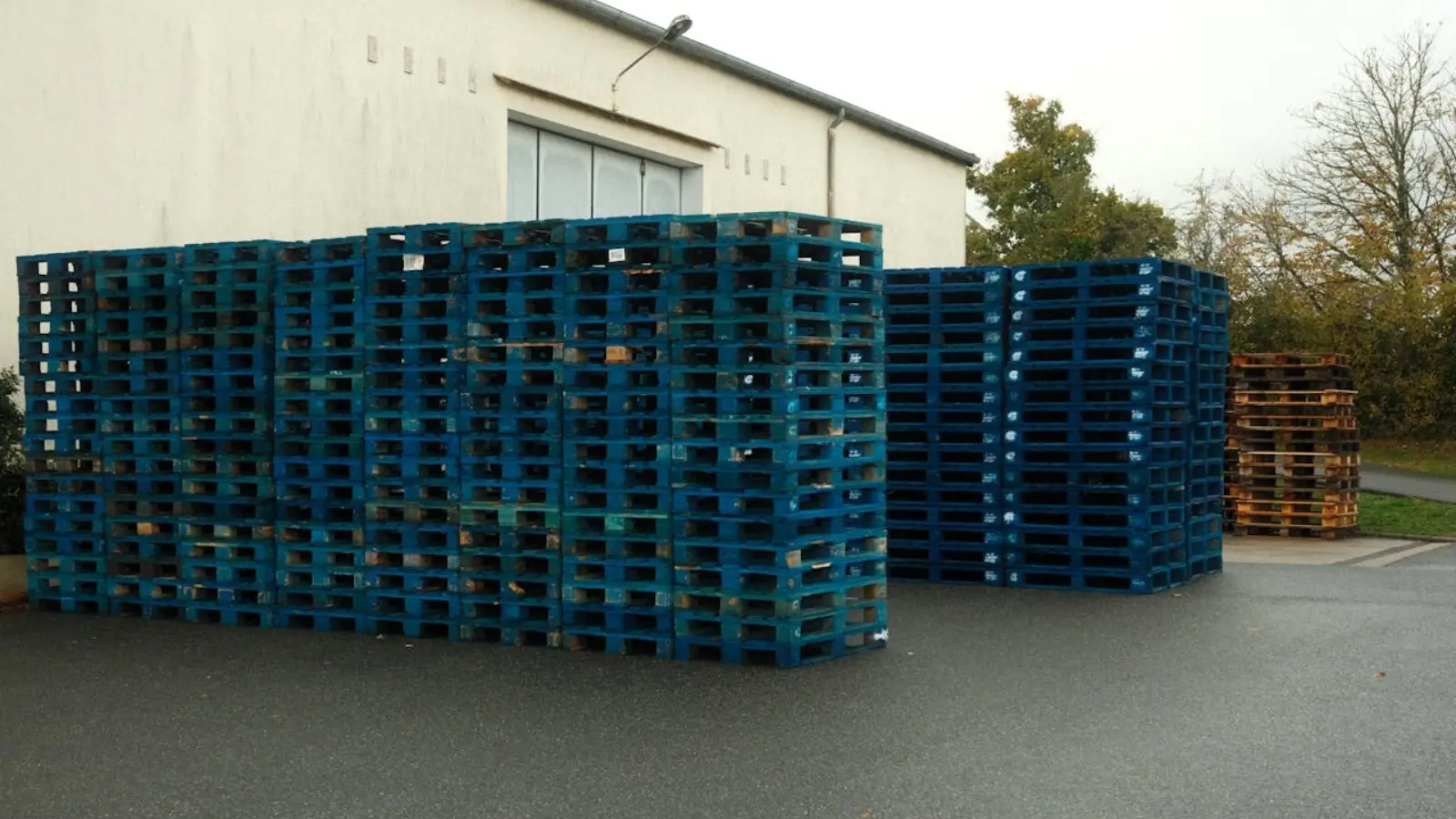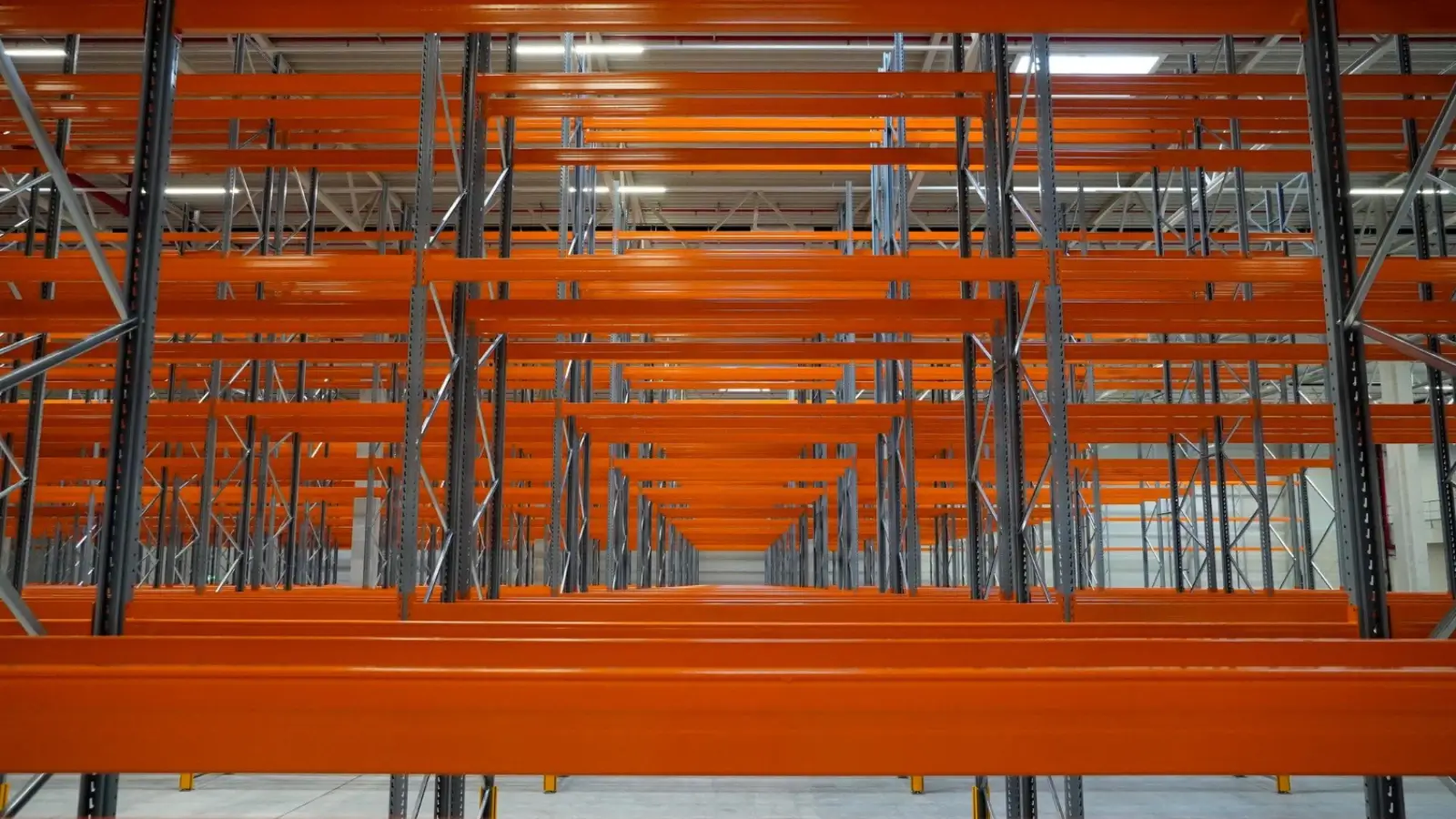Security clearance is a vital requirement for a lot of UK jobs, especially for those working in government departments' defense contractors, as well as critical infrastructure. This Baseline Personnel Security Standard (BPSS) is the entry-level security clearance that acts as the foundation to all UK Security clearances. If you're planning to submit an application to apply for BPSS clearance, knowing the documentation required prior to application will help you save time and avoid delays.
Understanding BPSS Clearance
BPSS security clearances are the simplest stage of security vetting that's available in the UK that is designed to confirm your identity and make sure you do not pose security risk. If you're applying to apply for BPSS approval, you're going through an application process that's usually mandatory for jobs that require the use of government resources or in secured settings. The verification process involves checking your identity, rights to work status, your criminal record and your employment background. Employers are now requiring applicants to get through BPSS tests prior to accepting job offers, which makes it an essential stage in your job search. The process usually takes between 2-4 weeks, but it can be speeded up by having all the required documentation.
Personal Identity Documents
To be eligible to apply for BPSS approval, applicants need to present proof of your identity. This typically requires:
-
Primary identity document: Valid and current ID card or passport is the preferred. If you don't possess either or both, a birth certificate supported by an ID with a photograph (like a driving license) could suffice.
-
Secondary identification: You'll require a minimum one government-issued document that contains your full name, or your address or birth date. Examples include marriage certificates, driving licenses and national insurance cards.
-
Identification Photo: Minimum one current and valid photo ID is required. It could be your driver's license, passport or another photo ID. For those in need of quick and reliable passport photos Edmonton residents can trust, visit a local service that specializes in complaint passport images.
To validate your identity for identity verification, the BPSS process generally is based on generally the "three rules of documents" that requires you to submit at least three distinct identity documents from reliable sources, including at least one of them showing the address you are currently living at.
Employment History Documents
Your work history from the last three years has to be documented in detail in order to submit your application to apply for BPSS clearance. The following information is required:
-
Full employment history: Make an alphabetical list of all your employers in the last three years, with the company's name, address as well as dates of employment title, job titles, as well as supervisory contact details.
-
Resume or CV: While it is not specifically required keeping a current CV will ensure consistency throughout your timeline for employment.
-
Referral contacts: It is required to provide contact information to references who can confirm your work. In most cases, these are former HR or supervisors.
Employment gaps that exceed 28 days should be documented for and substantiated. If you're applying for BPSS clearance and have gaps in your record prepare evidence of times of travel, unemployment and education, as well as self-employment.
Criminal Record Declaration
A criminal background check forms an essential element of BPSS clearance:
-
Basic disclosure certificate: You'll have to get this document from the Disclosure and Barring Service (DBS) in England and Wales, Disclosure Scotland, or AccessNI in Northern Ireland.
-
Self-declaration: If you're required to fill out an application to declare any unpaid convictions.
A previous conviction doesn't make you ineligible for BPSS clearance. Every case is considered on an individual basis, and is based on factors like how serious the crime and its significance to the purpose as well as the amount of time from the date of conviction.
Additional Personal Information
Beyond the documentation that you need to provide In addition, you'll need to include:
-
Address history: An extensive list of every address where you've lived in the past three years, with addresses and dates of your residence.
-
Birth certificate, or certificate of adoption: Although not typically required when you hold a passport, these papers can be required under certain conditions.
-
Certificate of qualification: In the case of jobs that require specific education you may be required to show the degree or professional certifications.
Insuring that this information is correct and consistent across all of your documents is essential. Any discrepancies can trigger additional inquiries and may delay the process of clearing.
Conclusion
The success of navigating through the BPSS clearance process is contingent on having your documents correctly prepared. It is essential to organize - make an inventory of all the necessary documents and check their authenticity prior to submission. Be aware you that BPSS is usually just the first step of the security clearance process. There are many roles that require additional levels of clearance such as security Check (SC) as well as developed vetting (DV) which are built on the foundation laid with the BPSS clearance. By knowing the requirements for submitting documents and making sure you're prepared and thoroughly, you'll be prepared for a smooth and efficient BPSS application, which will open the doors to job opportunities across a range of industries in the UK.

















